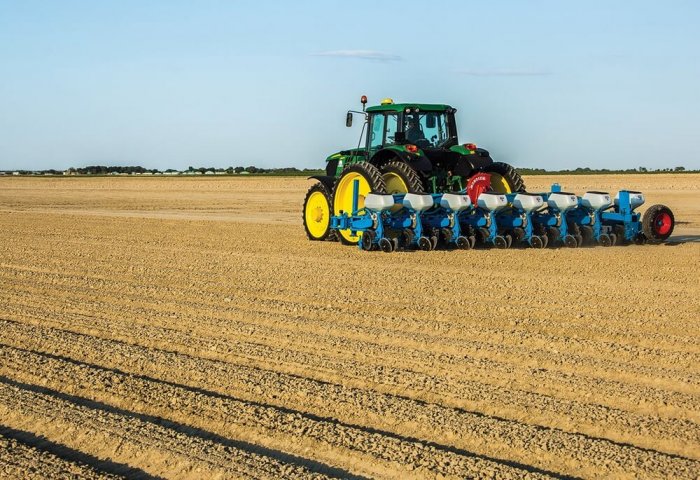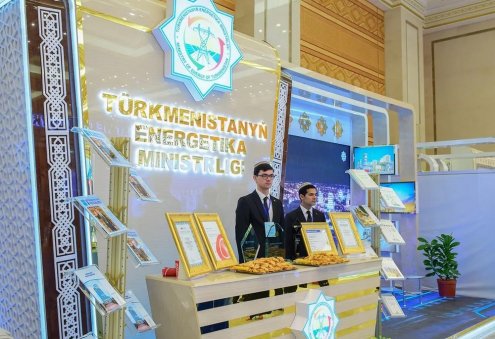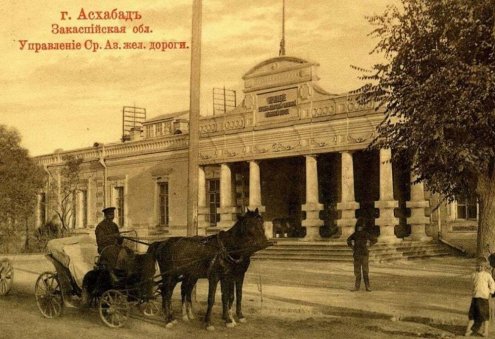Project titled “Improving efficiency of small ruminants production for reduction of the greenhouse gas (GHG) emission intensity”, implemented under the FAO-Turkey Partnership Programme on Food and Agriculture (FTPP II) and covering Azerbaijan, Kazakhstan, Kyrgyzstan, Tajikistan, Turkey, Turkmenistan and Uzbekistan, aims for increasing capacities to analyse and improve the efficiency of small ruminants production systems in each participating country and the Central Asian subregion as a whole.
Turkmenistan is determined to reform and strengthen the agricultural sector in order to meet national needs and compete in global market. In line with this target, FAO and the Government of Turkmenistan signed an agreement on December 11, 2021 for the joint implementation of a project titled “Improving efficiency of small ruminants production for reduction of the (GHG) emission intensity”. It aims to achieve the Sustainable Development Goals (SDGs) by cooperating with Turkmenistan on three issues:
- collecting and analyzing data related to the the SDGs;
- contributing to a more productive, effective, and digital agriculture sector with an increased export potential;
- assisting disaster prevention and response, as well as sustainable management of natural resources.
The project is also expected benefit the further development of the livestock sector in Turkmenistan in particular and the subregion in general, and will contribute to the achievement of SDGs, notably SDG 1 (No Poverty), SDG 2 (Zero Hunger), SDG 13 (Climate Action) and SDG 15 (Life on Land). With the comprehensive development of agriculture, the use of modern technologies and the modernization of agriculture, it is aimed to increase the quality of life in rural areas.
Among Turkmenistan's agri-food products, fruits, vegetables, cotton textiles and cattle breeding are sectors with growth potential. The country cooperates with FAO for the sustainable development of these areas. Digitalization plays a significant role in the development of agriculture. Through knowledge sharing and other means, FAO will support the Ministry of Agriculture and Environmental Protection of Turkmenistan and other relevant partners to develop and use digital technologies and tools for improved rural livelihoods and agribusinesses and enhanced agricultural productivity and efficiency.
Turkmenistan cooperates with the specialized units of FAO in analyzing the potential of agri-food export markets and value chains, as well as in developing recommendations to strengthen the export potential of the agro-industrial complex. Greater access to innovative approaches, digital technologies, and environmentally friendly solutions will lead to an efficient and sustainable use of energy, water, land, and other natural resources.
The project will also establish innovative approaches to knowledge transfer for livestock holders such as Farmers Field Schools and direct coaching of farmers by national and international experts. Throughout its planned 36-month duration (up to April 2024), within the scope of the project development agents will be equipped with essential knowledge and skills, with particular attention paid to the involvement of women and youth.
Nurmyrat Mommayev,
PhD Candidate at Marmara University's Department of Political Science and International Relations in Istanbul, Turkey


















